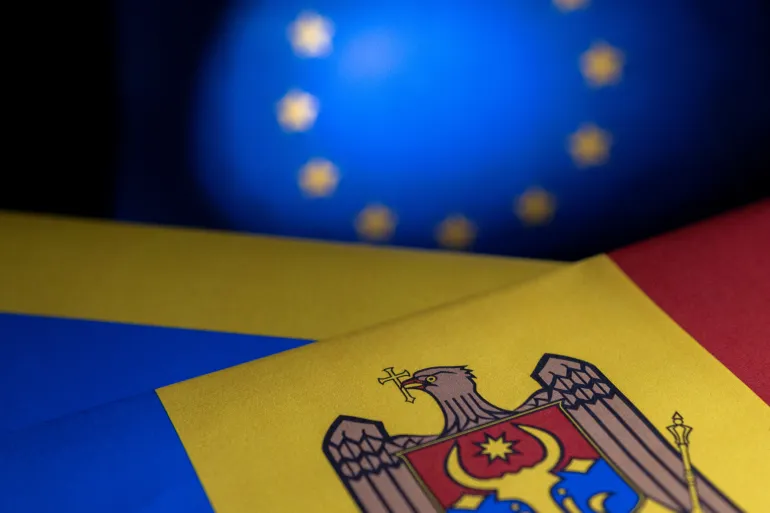
The European Union has taken a significant step forward in its relationship with Ukraine and Moldova by formally launching accession talks with both countries. This move, which comes after approval from the EU's 27 member states, marks a symbolic milestone in the two ex-Soviet nations' efforts to forge closer ties with Europe and move away from Russian influence.
The launch of accession talks will be commemorated with a ceremony in Luxembourg, underscoring the EU's commitment to Ukraine and Moldova's European aspirations. While the negotiations are expected to be arduous and protracted, they represent a crucial opportunity for both countries to align their policies and standards with those of the European Union.
For Ukraine, in particular, the start of accession talks holds immense significance. The country has been grappling with Russia's ongoing invasion since 2014, following the Maidan uprising that toppled then-president Viktor Yanukovych. The conflict, which has resulted in the loss of thousands of lives and displaced millions, has underscored Ukraine's desire to break away from Moscow's sphere of influence and embrace European values and institutions.
President Volodymyr Zelenskyy hailed the launch of negotiations as a historic moment, affirming Ukraine's steadfast commitment to European integration. He emphasized that Ukraine "is and will always be part of a united Europe," echoing the sentiments of millions of Ukrainians who aspire to realize their European dream.
Moldova, Ukraine's neighbor and fellow aspirant for EU membership, also stands to benefit from the start of accession talks. The country has been navigating its own political and economic challenges, including attempts by Russia to undermine its pro-Western government. Moldova's Prime Minister Dorin Recean will lead the delegation at the accession conference, signaling the country's determination to deepen its ties with the European Union.
However, the path to EU membership for Ukraine and Moldova is likely to be long and complex. The accession process involves rigorous scrutiny of each country's legislation to assess their compliance with EU standards and requirements. The EU will also outline conditions for negotiations on a wide range of subjects, from taxation to environmental policy, which both Ukraine and Moldova will need to address.
Despite the challenges ahead, the launch of accession talks represents a significant milestone in Ukraine and Moldova's European journey. It sends a powerful message of solidarity and support from the European Union, reaffirming its commitment to the principles of democracy, rule of law, and human rights in the region. As both countries embark on this transformative process, the EU's engagement and assistance will be crucial in helping them realize their aspirations for a closer and more prosperous relationship with Europe.











